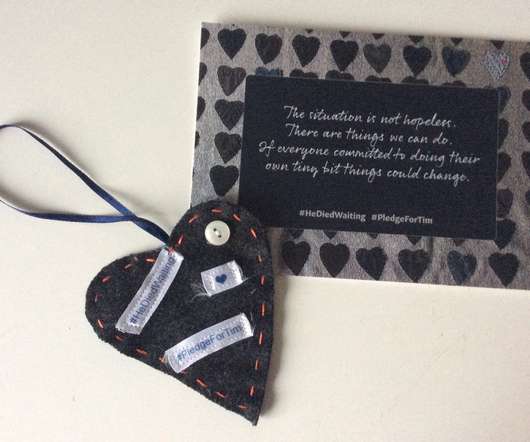Observing therapist-patient interactions to predict dropout from psychotherapy
Society of Clinical Psychology
OCTOBER 1, 2021
how they implemented interventions with patients and how they communicated, showed empathy etc.) Björn Bennemann, MSc is a fourth year PhD Student at the Department of Clinical Psychology and Psychotherapy at the University of Trier, Germany. Journal of clinical psychology , 63 (6), 585-592. References Cited. Clinton, D.,












Let's personalize your content